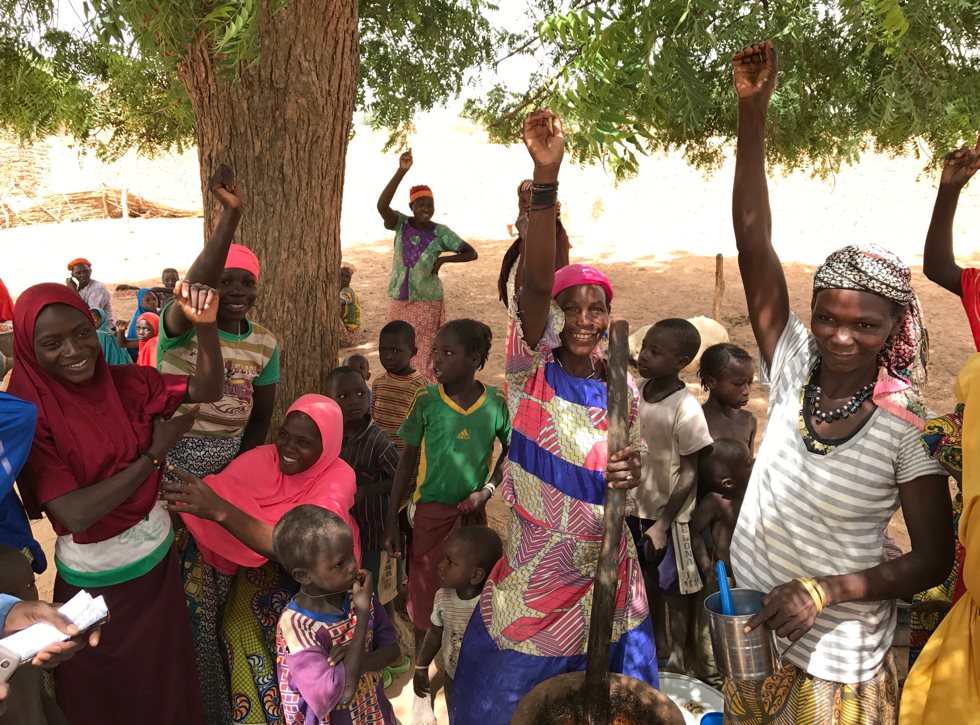The winning recipes of the partnership that appear from the UNCDF experiences can be summarized in nine key principles acting as a partnership charter for a local development at service of the populations.
- A provision of the partnership in the fundamental documents of cooperation. The project documents, the funding agreements and the manuals of procedure must clearly leave openings to the institutional and operational levels for every form of partnership likely to be advantageous in the framework of a support programme to decentralized local development.
- A registering of the programmes and projects to implement in the national policy of the country. The setting in adequacy of the food security actions in undertaking and the decentralization policy of the country is crucial because the State is the main warrant of the national policy of land management.
- A common partnership vision. The vision is the great dream of success in matters of improving food and nutritional security and of decentralized local development we have in common with the others and for the achievement we commit to individually, collectively and at the institutional level. The vision must translate an explicit partnership framework of the common challenges to overcome and to the commitments (role and responsibilities) of each stakeholder.
- An articulation of the institutional arrangement of the partnership with the institutions and the competencies of local authorities. The partnership must make sure to strengthen the capacities of the municipal institutions to enable them to secure a qualitative succession in the management of the local public affairs.
- A local planning oriented on democratization at the grassroots. The partnership must aim at providing coherent and adapted responses to the expression of the demands of the populations and not only be based on what the financials and technical partners deem beneficial for the populations. The relationships with the populations must be sustained through the participative and accountability approach in every phase of the project cycle. This participation inevitably requires the mobilization of local resources, in this case the promotion of a local fiscal culture through the payment of the charges and taxes enabling to set up, maintain and renew the socio-collective investments.
- A synergy and complementarity of actions. The partnership must aim for a leverage effect and a coherence of the global support offer to local development as well as the harmonious distribution of it. The partnership approach must promote the integration of the landlocked communities and the vulnerable groups, in this case women, in the transformation of land to make out of the local government a real space of solidarity. This partnership also integrates the cooperation between the neighboring local communities.
- A flexibility of the different stakeholders. Each partner must show comprehension and respect for each other within the limits of its prerogatives.
- Transparency in the setting up of common projects and special care given to the image of each partner. The communication action, monitoring meetings, the joint visits of the achievements on the field and a good traceability of the actions of each stakeholder are crucial to consolidate cooperation and generate notoriety.
- A valuing of the local potentials and their good management. The strengthening and valuing of the capacities of the local workforce, the valuing of the natural potential and comparative advantages at the institutional, geographical, sociological, cultural and economic levels are the essential conditions to ensure a durable accession of the grassroots communities to the dynamics of change that are maintained by the partnership for the improvement of their living conditions.
